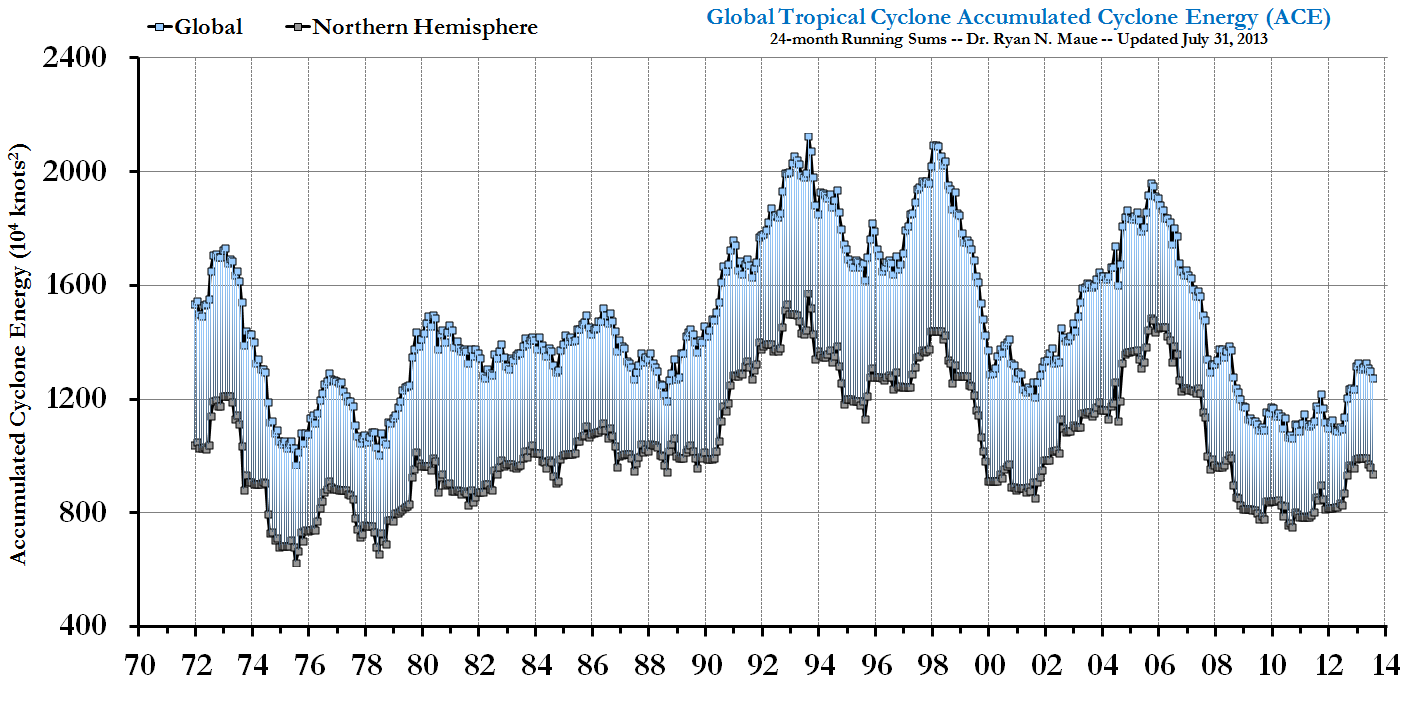When I talk to people about using Microsoft Project as a great tool which can save managers an awful lot of time and bring valuable MI into the organisation at low cost, some (many/most?) share back with me how their experience with Microsoft Project was not satisfying. Often that experience is based on one or two examples--after which they abandoned the tool. The common themes that emerge:
- "When we used it, the project plans ran to scores of pages with hundreds of tasks and we didn't have a clue about what was going on".
- "Project gives funny answers. " they say.
- Those who don't use Project because of these issues, then report proudly how they keep it "simple" by using Excel and, if they use Project it's only to do a Gant Chart that they paste into PowerPoint.
I respond by saying "Sound like self-inflicted complexity. That's not Project's fault. And "funny" answers is a clue about possible deficiences in the plan. Project, far as I know, has very few--if-any--calculation bugs. In any event, Excel is hardly simple as it's no better than a blank sheet of paper. Programming complex project management algorithms in Excel is always complicated and error-prone. "
"Keep it simple and enjoy complex benefits. Why don't you simply require your organisation to have for each "project" one-line plans in Microsoft Project?"
That floors them. "That can't possibly be enough detail", I hear.
I think that level of detail for most organisations is much better than projects with hundreds of trivial or individually-managed tasks, or projects "planned in PowerPoint". Maybe once 1-line project plans are achieved, you can move on to 5 or 6 line project plans. But no more.
Here is an example.
See the screen shot where we have a project called "Project 6" with one task: "Do Project 6". This project is slated to start on 27th May 2008 and use four resources:

• 2 Geologists
• Half of James Roberts' time
• A small amount of Susie Thomas's time
• A little less than half of Anne West's time
Project computes the total cost, based on the billing rates for the above people, to be £133k.

But this isn't the only project or activity being done by the organisation. There are many more, and nicely each has their own one-line model. The following shows how all these line projects are pulled together into a single view in a master project

They now don't have just a simple one-line project, but they have a much richer understanding of eight activities, all which have time demands on the organisation. Without going into all the details here, you now have all the capabilities of Project go look at deadlines, milestones, resource planning, etc.
So what other benefits do we get by doing this simple project setup in a complex product like Microsoft Project:
- Project handles all the complicated time-based computations.
- If one resource file is used, we can use the built-in capability of Project to show resource commitments, clash, over/under allocation.
- Simple scheduling can start to occur, for example make sequence the 8 projects in some sort of order--not by priority by but by successor/predecessor links.
- Let Project do the work of telling you when the projects will get done. If you don't like the answer, then change the plan.







